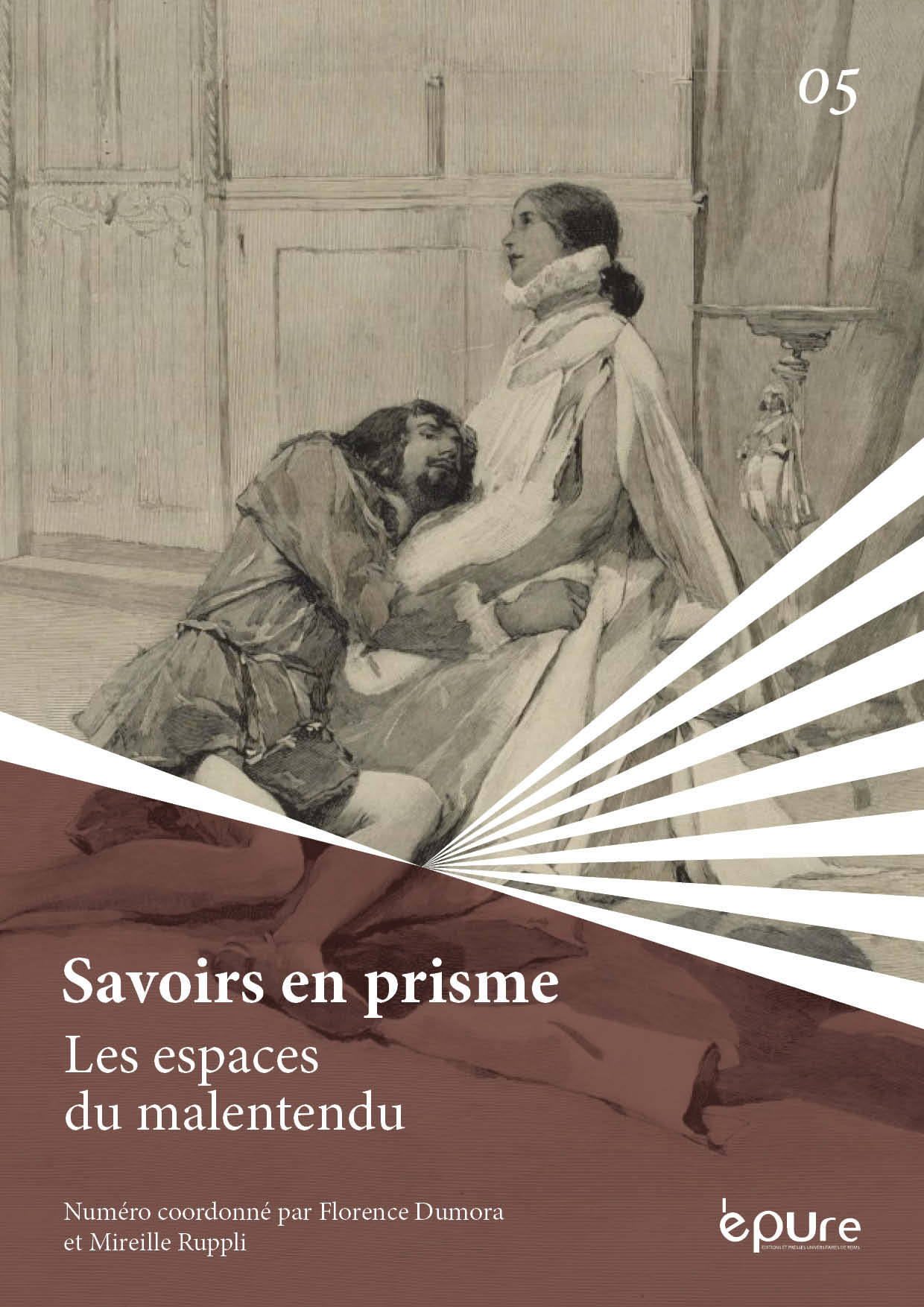Grivoiserie, lapsus et jeux de mots dans l’œuvre de jeunesse de Théodore de Bèze
Abstract
Theodore de Bèze is a french neo-latin author, i. e. a Renaissance author writing in latin, who composed a collection of poems entitled ‘The Juuenilia’ in his young years, thanks to which he earned the admiration of his contemporaries. Edited for the first time in 1548, this collection included Elegies and Epigrams among others poetic genres. Theodore de Bèze was a catholic at the time, but at the end of the same year he converted himself to Protestantism and moved to Lausanne where he became a Greek teacher. In order to fit this change of faith, he had to disavow his work, which included saucy and pagan poems.
In the two following poems we will study an Elegy and an Epigram from the 1548 ‘Juuenilia’, in which the author uses puns he only explains at the end of the text via slips of the tongue or jokes. At this point the reader understands that his first reading was willingly incomplete and distorted; the so called Elegy or Epigram turns out to be a bawdy text and the reader realizes he has been played by the poet. These two texts are absent from subsequent editions of De Bèze’s works, but their salaciousness was certainly not the only reason to this removal.
Indeed, it appears that misunderstandings, hardly understandable puns and slips are tools for the author to assert his status of demiurge in regards to his own creation. De Bèze rejects the notion of an author inspired or guided by a divine being. We will also study the paradoxical role of misunderstandings between author and reader as they seem to generate, in addition to laughter and surprise, a certain form of complicity.
Copyright (c) 2020 Savoirs en prisme

This work is licensed under a Creative Commons Attribution-NonCommercial-ShareAlike 4.0 International License.


